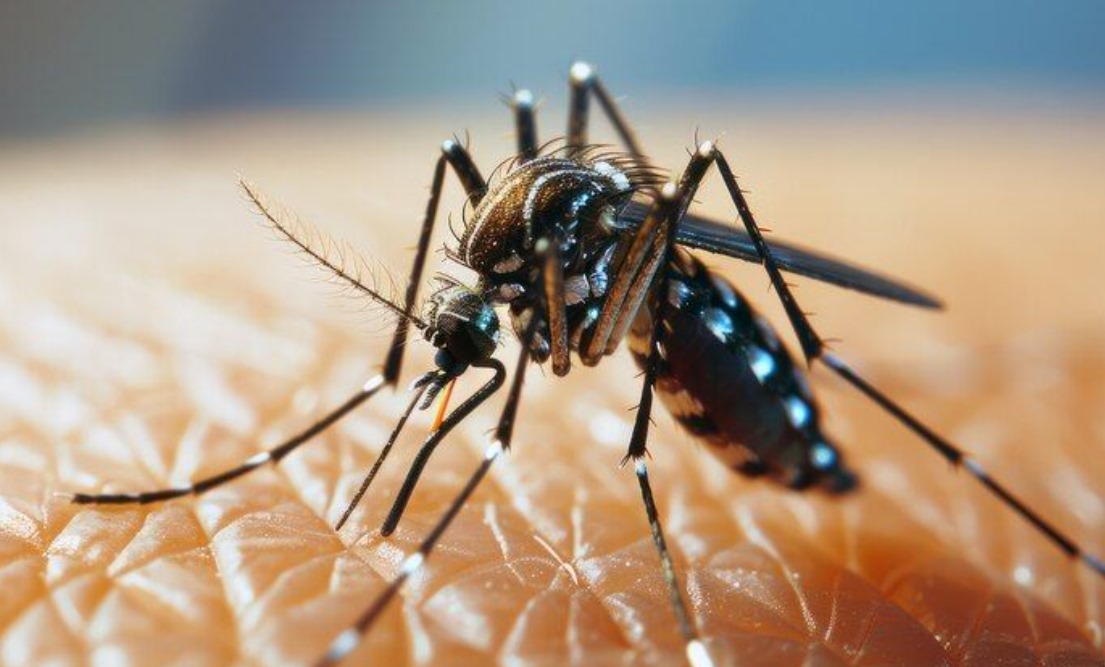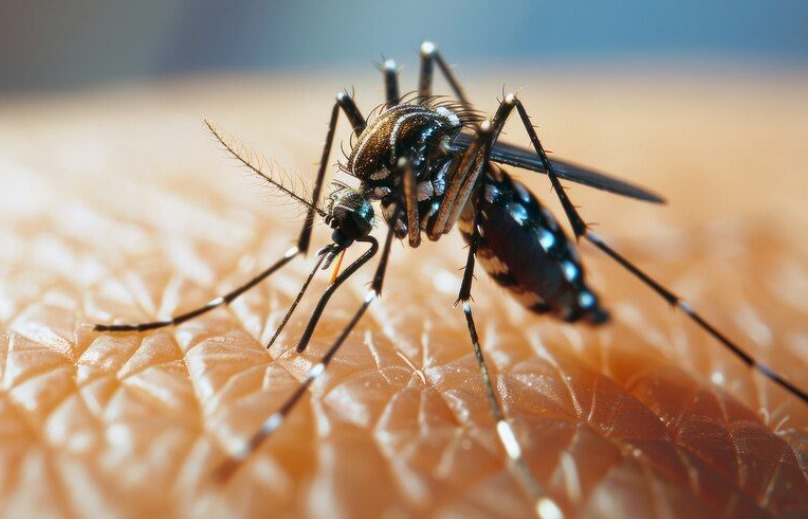Dengue Fever Dengue fever is a serious mosquito-borne disease caused by the dengue virus. It is transmitted to humans through the bite of an infected female Aedes aegypti mosquito. This disease is most common in tropical and subtropical regions, especially during the rainy season when mosquitoes breed in stagnant water. In recent years, dengue has become a major public health issue in many countries, including India. The symptoms of dengue usually appear 4 to 10 days after the mosquito bite. Common signs include high fever, severe headache, pain behind the…
Read MoreTag: Public Health
Food Adulteration paragraph for SSC
Food Adulteration: Causes and Consequences Food adulteration is the practice of adding or mixing harmful or inferior substances to food items to increase quantity or reduce production costs. This unethical practice is widespread, especially in markets where food safety regulations are weak or poorly enforced. Common examples of adulteration include mixing water with milk, adding starch to flour, using artificial colors in spices, or blending cheap oils with edible oils. The causes of food adulteration are mainly economic. Sellers adulterate food to maximize profits by reducing the quality or quantity…
Read MoreAir Pollution paragraph
Air Pollution Air pollution is one of the most serious environmental problems affecting the world today. It occurs when harmful substances such as gases, dust, and smoke are released into the atmosphere, degrading air quality and posing serious risks to human health and the planet. The main sources of air pollution include vehicle emissions, industrial activities, burning of fossil fuels, construction work, and agricultural practices. Natural causes like wildfires and volcanic eruptions also contribute, but human activities remain the primary cause. One of the most dangerous pollutants is particulate matter…
Read MoreThe Covid-19 ( Cause and effect) paragraph
The COVID-19 Pandemic: Cause and Effect The COVID-19 pandemic, caused by the novel coronavirus SARS-CoV-2, first emerged in Wuhan, China, in late 2019. Scientists believe the virus originated in animals, possibly bats, and was transmitted to humans through an intermediate host, likely at a live animal market. The virus spread rapidly across the globe due to its high transmission rate and the ease of international travel. Because COVID-19 spreads primarily through respiratory droplets, crowded public spaces and lack of preventive measures accelerated its global transmission, leading to one of the…
Read MoreFood Adulteration paragraph
Food Adulteration Food adulteration is a serious issue that affects public health and safety across the globe. It refers to the act of adding, removing, or substituting substances in food products with the intention of increasing quantity or shelf life, often at the cost of quality and safety. Adulterated food may contain harmful chemicals, non-edible substances, or cheaper alternatives, which can lead to serious health problems, including food poisoning, cancer, and organ failure. Commonly adulterated food items include milk, spices, pulses, sweets, and oils. For example, milk may be diluted…
Read MoreDengue Fever paragraph
Understanding Dengue Fever: Causes, Symptoms, and Prevention Dengue fever is a mosquito-borne viral infection that affects millions of people worldwide, particularly in tropical and subtropical regions. It is caused by the dengue virus, which is transmitted to humans primarily through the bite of an infected Aedes aegypti mosquito. The disease is most common during and after the rainy season when mosquito breeding increases due to stagnant water. Symptoms of dengue fever usually begin four to ten days after the mosquito bite and can range from mild to severe. Common symptoms…
Read More




